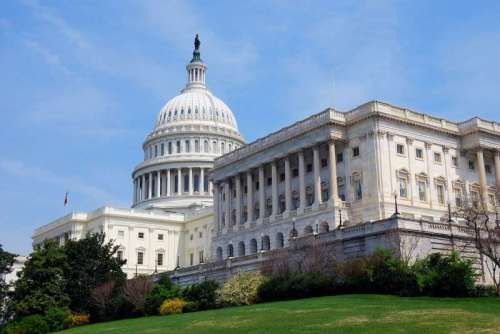 After the Republican victory in the US mid-term, Congress is likely to be more interested in doing more with India on security, energy, and foreign policy, according to an American expert on South Asia.
After the Republican victory in the US mid-term, Congress is likely to be more interested in doing more with India on security, energy, and foreign policy, according to an American expert on South Asia.
But it’s also likely to be still concerned about trade barriers and temporary worker visas, wrote Alyssa Ayres, a former State Department official and an expert at the Council on Foreign Relations.
The midterm elections gave the Republican Party control of the Senate after eight years and a stronger showing in the Republican-controlled House of Representatives
Following that President Barack Obama’s 2008 Republican presidential rival, Senator John McCain is likely to assume the chairmanship of the Senate Armed Services Committee in January.
“That’s good news for New Delhi,” Ayers wrote, noting: “McCain has a long track record of support for a stronger India and a stronger US relationship with it.”
“He’s been a frequent visitor, most recently in July, and has spoken forcefully about American interests in a deeper partnership with India,” Ayers wrote.
In September, McCain published an essay in Foreign Policy arguing for a pivot to India, with India at the heart of US interests in Asia and argued that the US should be India’s preferred partner on energy, trade and defence, she noted.
In the Senate Foreign Relations Committee, ranking member Bob Corker, who may take over as chair, has been a supporter of the India relationship
He “has been vocal about the need to reassess US relations with Pakistan, particularly supporting tying US foreign assistance to action against terrorism.”
Ayers also suggested a shift to Republican control may result in a still-watchful eye on Indian trade issues.
Senator Orrin Hatch, who is likely to assume the chairmanship of Senate Finance Committee, Ayers noted, has expressed concerns about unfair trade practices in India.
So have many members of both houses of the US Congress from both parties.
Indian technology companies and the Indian government have placed great importance on greater access to temporary visas for high-skilled workers
Senator Chuck Grassley, who is likely to become chair of Committee on the Judiciary, has been an India supporter and member of the Senate India Caucus.
Grassley also “has a strong interest in US immigration policies,” Ayers wrote, noting that he introduced a bill last year to reform the H-1B visa programme.
“So: expect to see continued broad support for India on a bipartisan basis in the United States, with an empowered Senator McCain likely to continue his advocacy for a strong India relationship across the board,” Ayers wrote.
Congress may also seek to move further on energy policy issues that would benefit India, she wrote.
At the same time, on two issues of high importance to India – trade barriers and temporary worker visas – “US Republicans coming into leadership positions have expressed concerns very similar to those held by Democrats about trade and immigration matters, Ayers wrote.